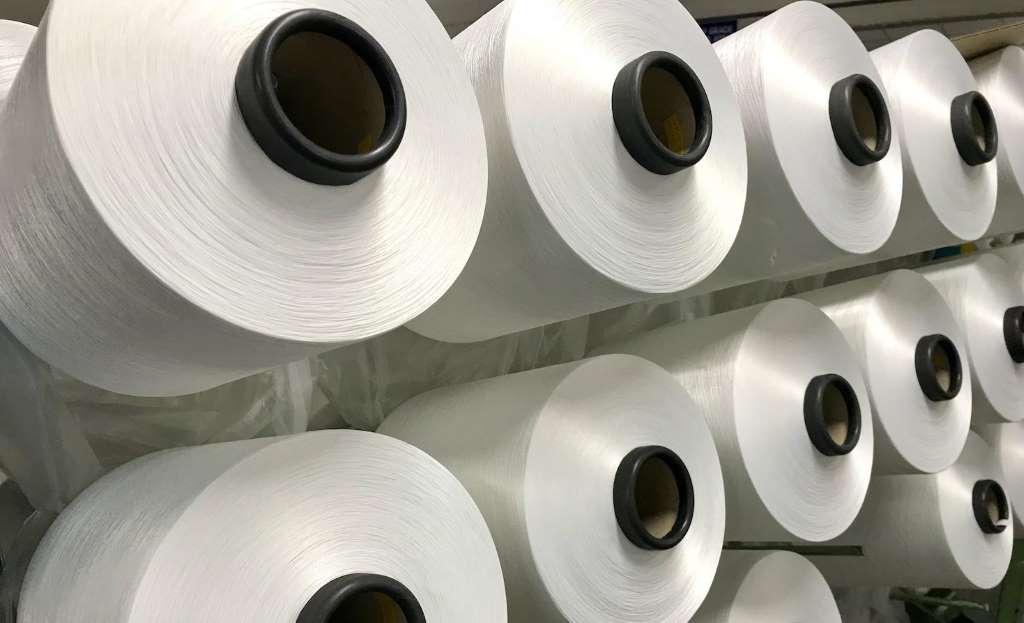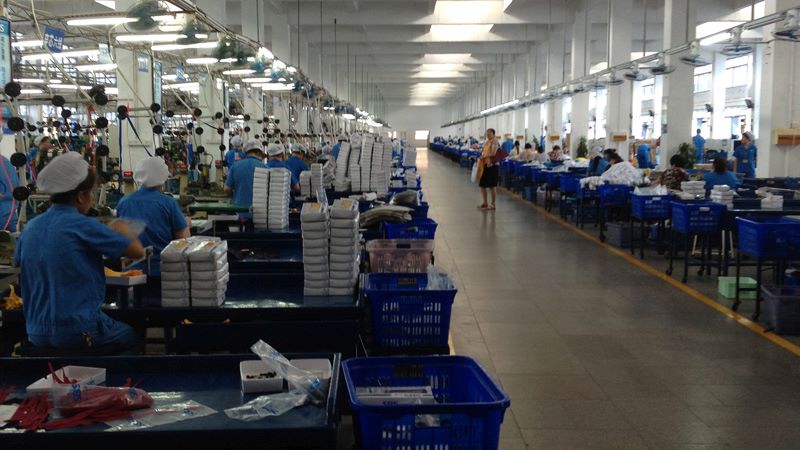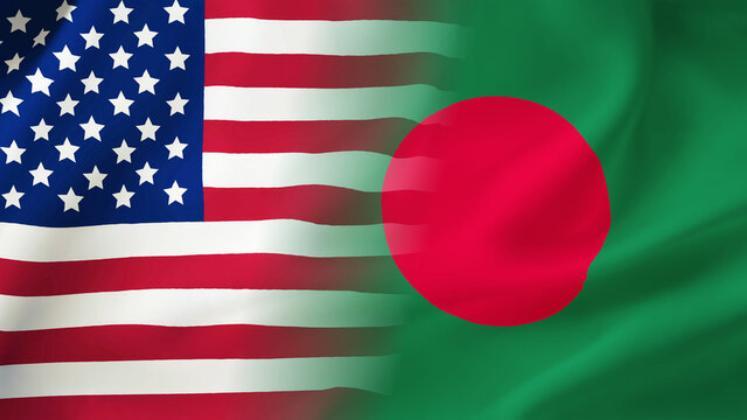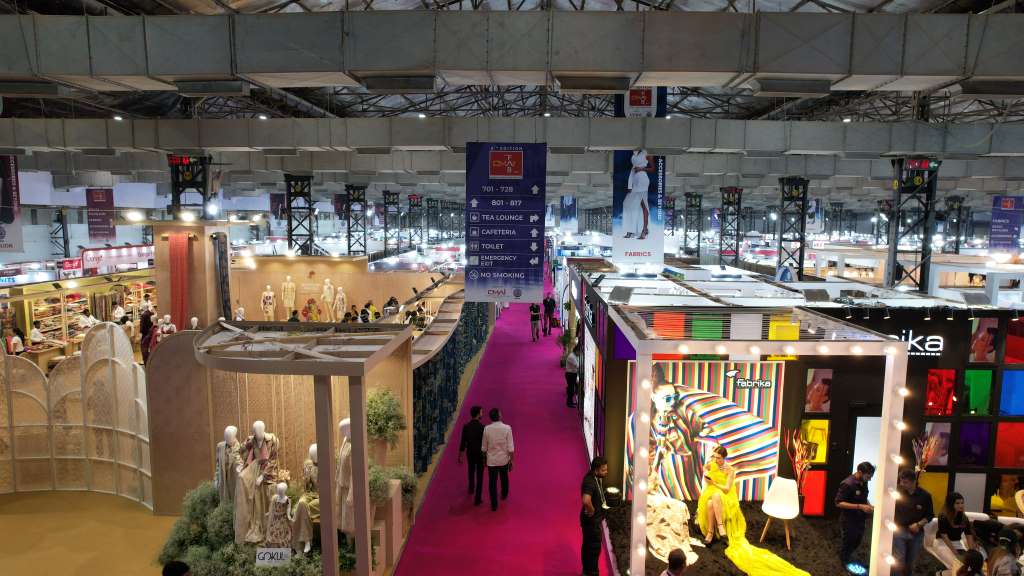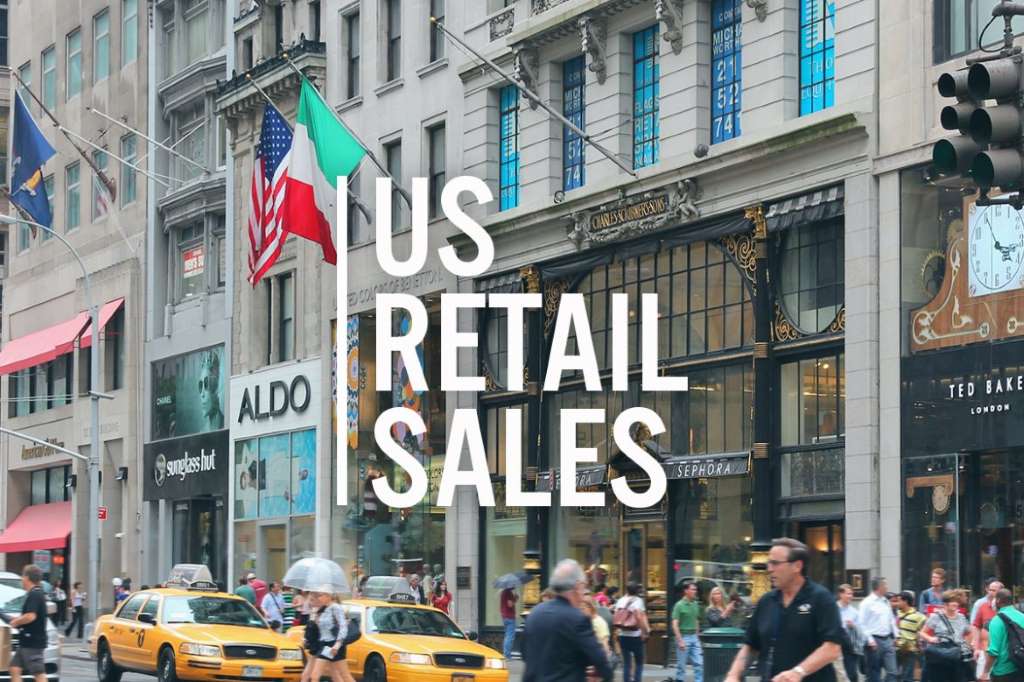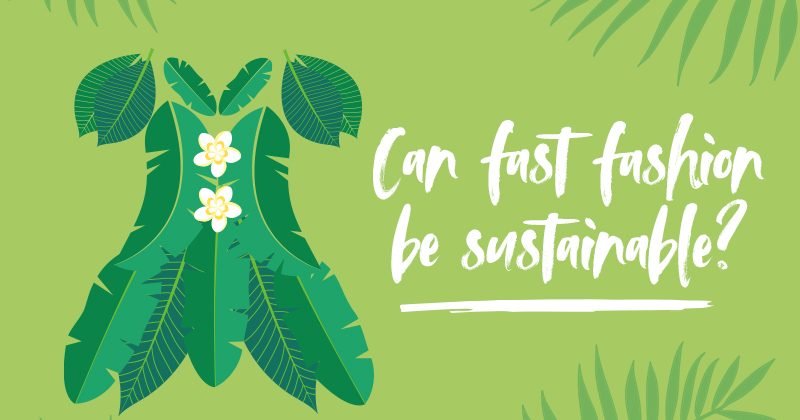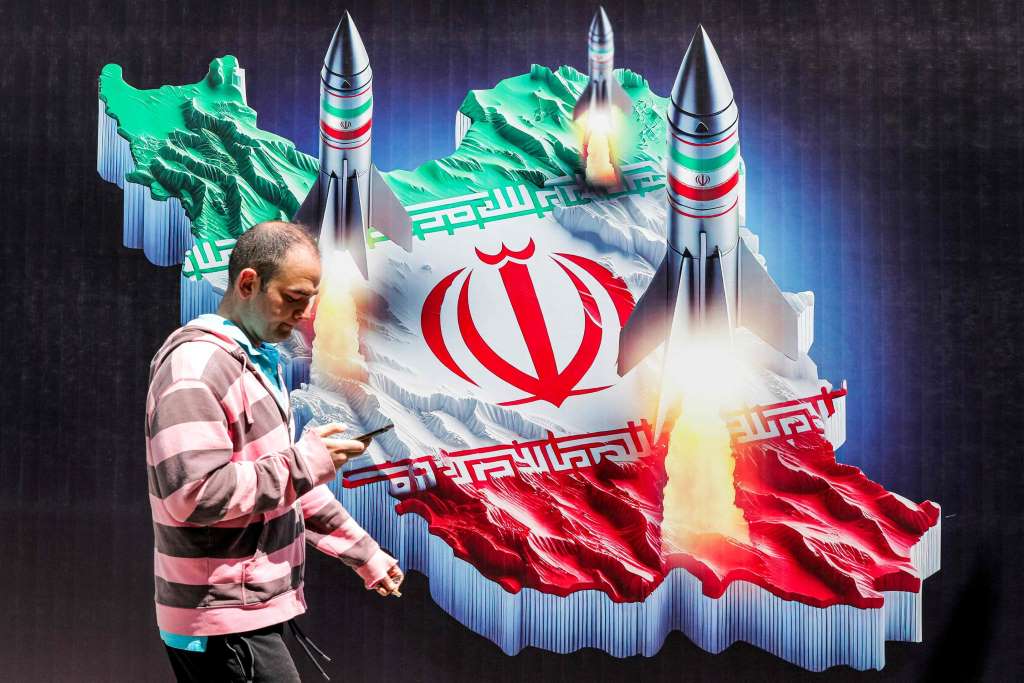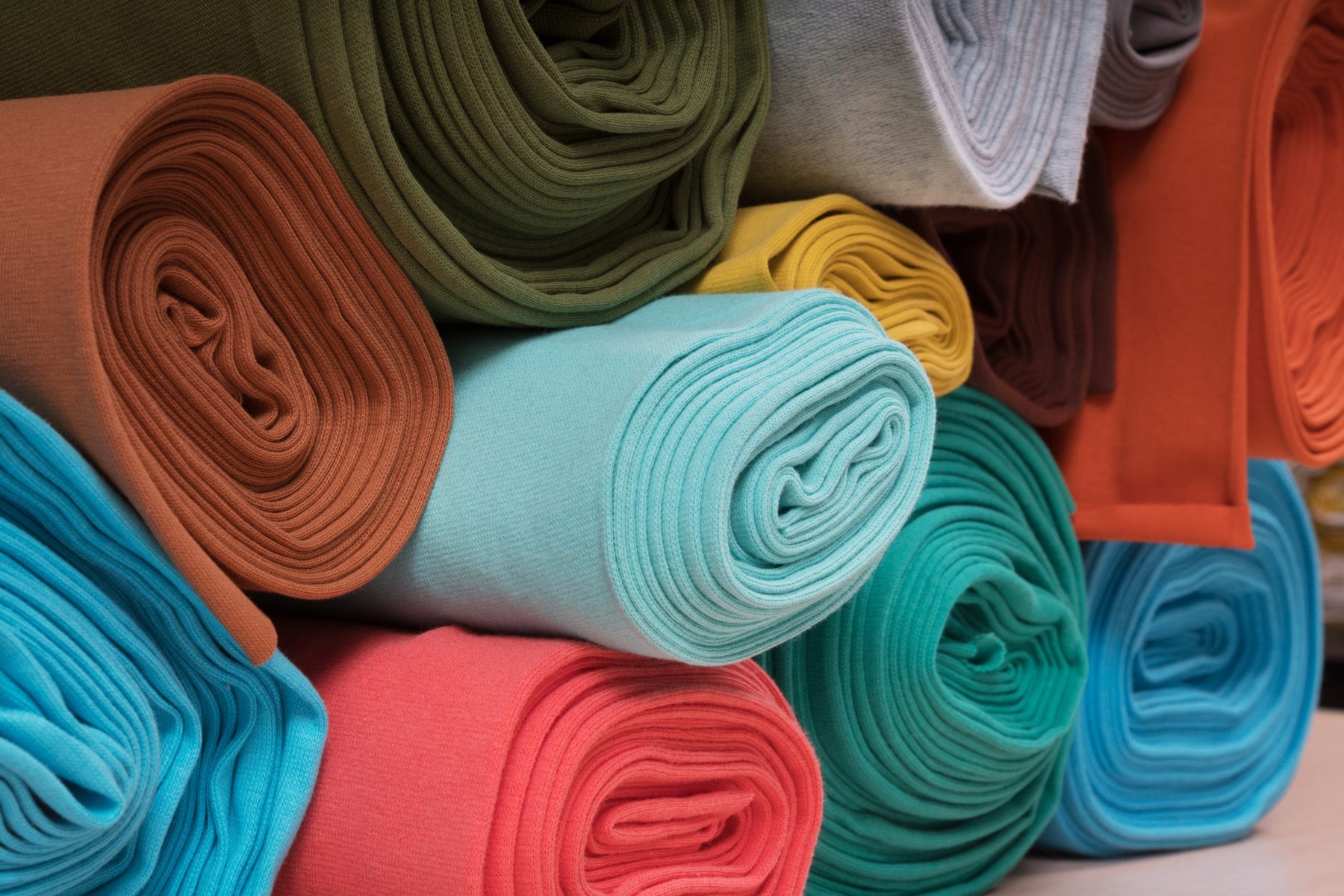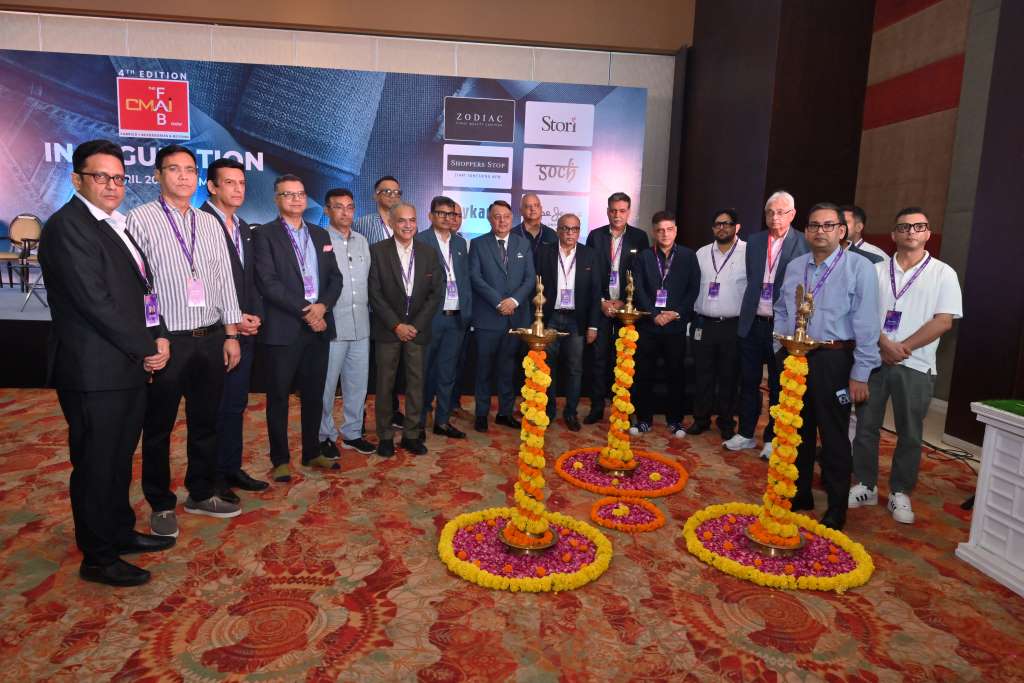"At the Open venue, there are no gender-specific garments, just clothing. This Pitti Uomo space offers unisex fashion where brands propose pieces to both sexes. Genderless is redefining the rules and Open offers a sophisticated approach with an array of experimental collections and accessories. It’s about youth, style, fashion, mood boards, inspiration, men, women, responsibility. Brands here rarely create clothes for just one gender. Instead, their inspiration pushes them to make clothes that can be worn by anyone. Here are certain defining trends at Pitti:"

At Pitti Uomo’s ‘Open’ venue, there are no gender-specific garments, just clothing. This Pitti Uomo space offers unisex fashion where brands propose pieces to both sexes. Genderless is redefining the rules and Open offers a sophisticated approach with an array of experimental collections and accessories. It’s about youth, style, fashion, mood boards, inspiration, men, women, responsibility. Brands here rarely create clothes for just one gender. Instead, their inspiration pushes them to make clothes that can be worn by anyone. Certain defining trends at Pitti are below:

An bloom: it is a collection of Haori jackets and unisex kimonos, entirely artisan made. Agender and seasonless, all the garments are made in a workshops of Bavaria and use exclusive materials such as pure linen, silk and velvet. All the processes, from printing to dyeing are done by hand and each piece calls for hours of work
Emyun: The acronym of Elegance Makes You Unique and Natural, this young Swiss brand follows through a concept of contemporary elegance that looks to the Running Couture. Everyday athletes’ uniforms are made up of garments created to generate well-being, comfortable, with a wealth of properties in heat-regulating fabrics with top-level finish details.
EOE glasses: This is the first ecological, organic eyewear brand to come out of Scandinavia. A collection, that originates in the extraordinary nature of Nordic countries and their unique series of seasons, which dedicates the names of its models to tiny villages or to elements from local tradition. It’s a biodegradable, recyclable eyewear designed in Lapland and hand made in Italy or Japan.

Marvielab: Founded by Mariavittoria Sargentini in 2006, Marvielab sees design as a reflection of aware dressing. The new ‘re_mind’ collection is a synthesis of its projects so far. Garments selected from the archive share the concepts of agender and seasonless. Volumes are generous and soft, constructions are all about free bodies, in movement, comfortable. Cuts and details are reduced to the minimum, focussing on the silhouette.
Opaline: The brand owes its beauty to the combination of unique prints on simple models with comfy fit, a mix also applied to a simple garment like pyjamas. Fabrics are natural, interpreted with a fair-trade policy: 100 per cent Indian cotton and modal, royan dobby, tulle and Broderie Anglaise lace are embellished with embroidered details and fringes. Inspiration comes from collages of patterns taken from ancient Indian books.
Period features: Period Features: This derives from the creativity of Japanese designer and fashion director Masakatsu Tsumura, inspired by a trip to India. Masakatsu was first fascinated by the art of making fabrics by hand in West Bengal. Colourful, precious, with unique textures that are delicate to the touch, they have become the very soul of his creations. Tsumura is launching the Period Features collection with the focus on men's shirts, created using sustainable local production.

Wanna Maria Fiori: It’s a collection of unisex bags and footwear that refute schemes and trends to bring alive a recognisable, timeless style. The brand follows ethics that safeguard a production chain that is healthy from start to finish, with production entirely made in Italy, based in Civitanova Marche. Understated shapes and natural leathers write the history of a young brand that targets the men, women and children of today.
Maison Jejia: It’s a timeless and ageless, a chic and cosmopolitan lifestyle, an understated, measured luxury, made with love for details and experimentation. These are the style codes of the Jejia world. Invisible details, tiny touches of elegance. Maison Jejia is a way of being, conveyed in garments that become loyal companions for every day wear.
Rumisu: A project that arose from the creativity of two sisters, Pinar and Deniz, set in a world of beauty and imbued with love for the earth. Each scarf is a unique piece, illustrated by hand and then printed on silk and cotton; the border is hand-rolled and decorated with the technique typical of the traditional Turkish art of Oya, in collaboration with a UNDP project aimed at fostering the economic and sustainable development of women in the Southeast of Turkey.
Bananatime: It’s the everyday luxury collection from Amsterdam, a line of unisex garments to be worn wherever – at home, on the beach, when travelling or every day. The key concept is versatility teamed with comfort, for a range in pure silk (easy care and machine washable) enlivened with eccentric prints.


